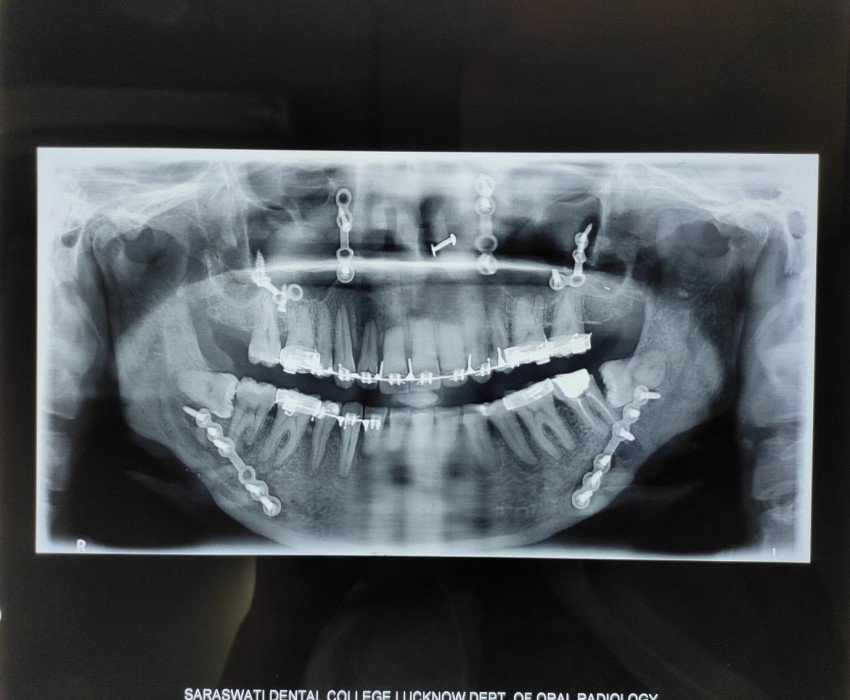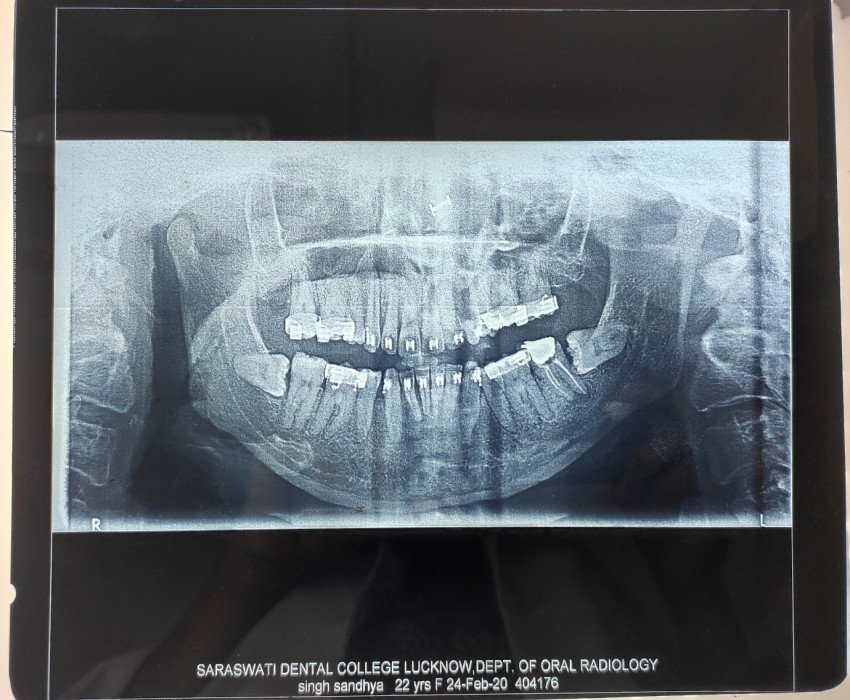Orthognathic surgery may help to correct problems with swallowing or speech, correct bite fit or jaw closure issues, correct facial asymmetry, relieve pain caused by temporomandibular joint (TMJ) disorder, repair facial injury or birth defects and provide relief for obstructive sleep apnoea.
Surgery on the upper jaw may be performed to correct receded or protruding upper jaw, crossbite, abnormal teeth display during smile, open bite or reduced growth of the middle of the face. Whereas, the surgery on the lower jaw may be performed to correct a receding or protruding lower jaw and to correct any chin deformity.
Orthodontists work hand in hand with oral and maxillofacial surgeons and through the surgery, it is possible to place the teeth and jaws in a more attractive, functional, and healthy position.



